15 November 2025
How we talk about dementia matters
Ali Thornton-Dean
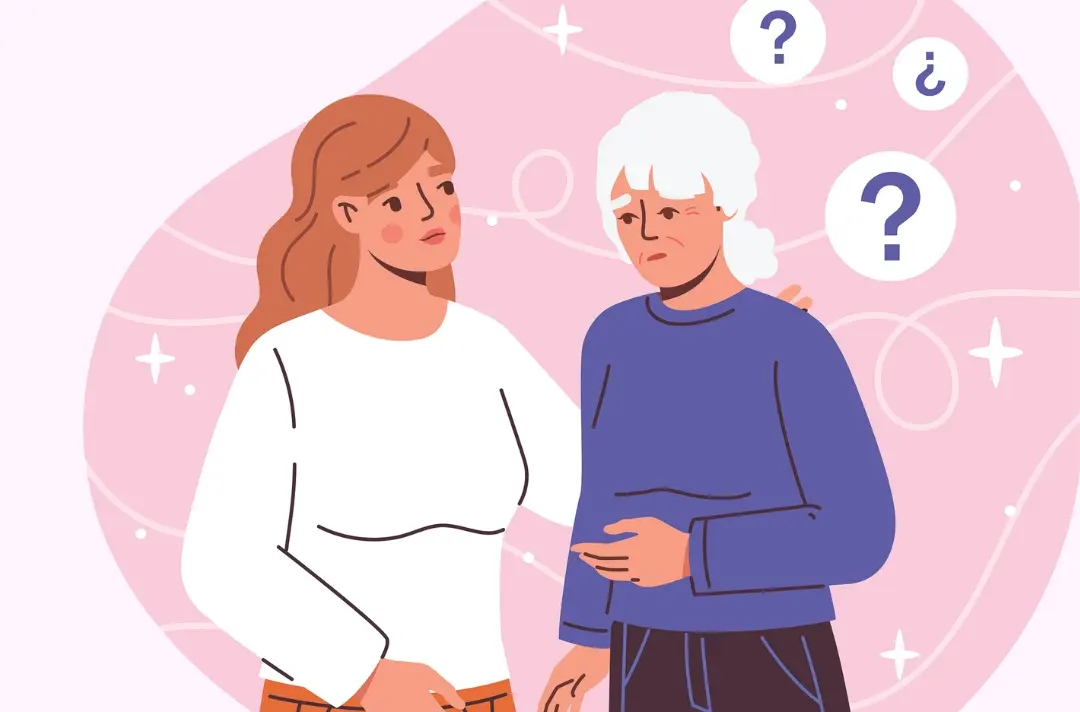
Ali Thornton-Dean encourages us to watch out for when we unintentionally hurt someone with our words.
I remember speaking with a lady diagnosed with Alzheimer’s disease, whose reaction was: ‘So I’m not losing my marbles after all?!’ She had felt like she was losing her mind and had used the word ‘insane’ to describe herself, because she had been told she had dementia.
Scientific research tells us that, due to how the amygdala in the brain mediates emotions, more negative experiences are at the forefront of our memories, rather than more positive ones. This got me thinking about our interactions with others and the words that we use. What a responsibility!
Whether we like it or not, our language impacts people around us. In the realm of dementia this can be a huge problem as, sadly, the language used to describe people living with dementia is often negative, and this feeds into the stigma attached to those living with a diagnosis of dementia. What a responsibility we have in our interactions with others and the words that we use!
Often, people living with dementia use negative words to describe themselves or make a joke of their diagnosis to make others feel better. But even worse, those without dementia will often make jokes about having dementia if they forget where they left their keys. Did I hear an ‘ouch’? You know what I mean, don’t you? Those ‘ouch’ moments when we unintentionally hurt someone with our words.
Why do we joke about dementia when we wouldn’t joke about other diseases? Linguist Benjamin Lee Whorf says: ‘Language shapes the way we think and determines what we can think about.’ We need to consider our words as much as our actions when we think about how we talk about someone living with dementia, or how we talk about ourselves, as we are quite possibly shaping our own reality as well as that of others. Research was conducted with people living with dementia who stated that they wanted to be treated as whole people, not half a person, and one stated that they would never be a shell of themselves.
I have heard people say that their loved one is no longer the person that they were. These words come from a deep despair for a loved one’s diagnosis, and I get that, but I want to encourage you to see people living with dementia as the person they have always been. Not who they ‘were’, but who they are.
Have you ever used the words ‘over the hill’, ‘lost their marbles’ or ‘they’re just not themselves’? Maybe that gave you another ‘ouch’ moment! Yes, dementia changes the neurons in the brain, but it doesn’t mean we should start using words that are negative to describe ourselves or someone else. Paul writes: ‘If I speak in the tongues of men or angels, but do not have love, I am only a resounding gong or a clanging cymbal’ (1 Corinthians 13:1). Let’s not be clanging cymbals to anyone, friends!
How would you feel if you believed something to be true, but everyone kept telling you that you were wrong? That’s how people living with dementia feel when we don’t live in their reality. People might believe their loved ones are still alive or that they still go to work, and changes in their brains mean they cannot live in your reality, no matter what you say. Let our language be kind and let’s live in the world of the person living with dementia as much as possible.
This is a struggle, I know. I’ve had ‘ouch’ moments too – I’ve got it wrong in the past. But I’m striving to get it right. Will you join me in trying to change our language around dementia?
Written by
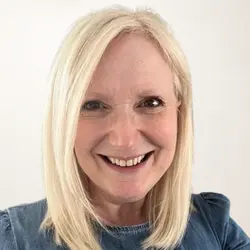
Ali Thornton-Dean
Outreach Mission Partner, Older People’s Ministries
Discover more
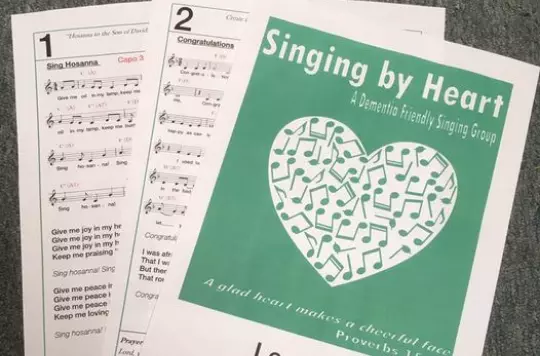
Using the power of music, especially singing, to unlock memories as a key feature of dementia care.
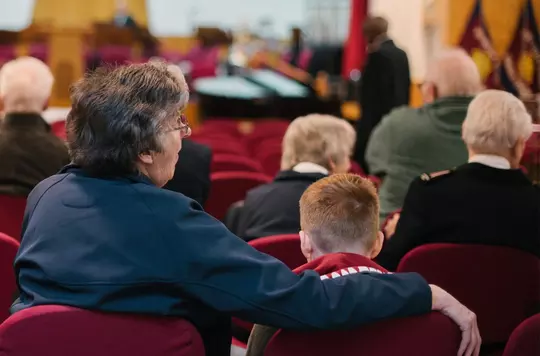
Andrew Wileman heralds an age of new possibilities for the Army’s work and mission.
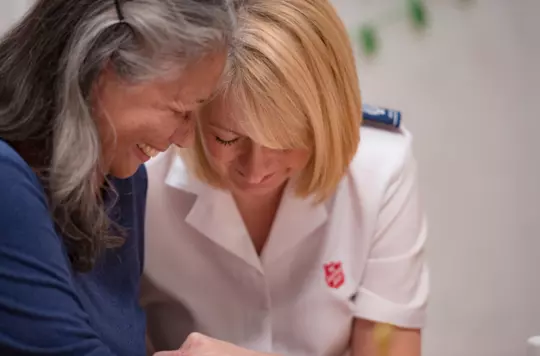
Supporting corps and the communities they serve in understanding, reaching and meeting the needs of older people.
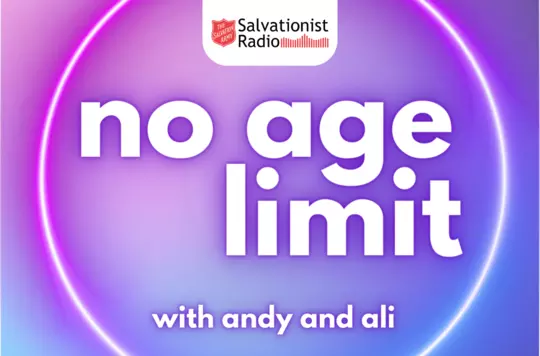
Join Andy and Ali for an hour of inspiring music, informative chat, testimony, devotions and special guests.